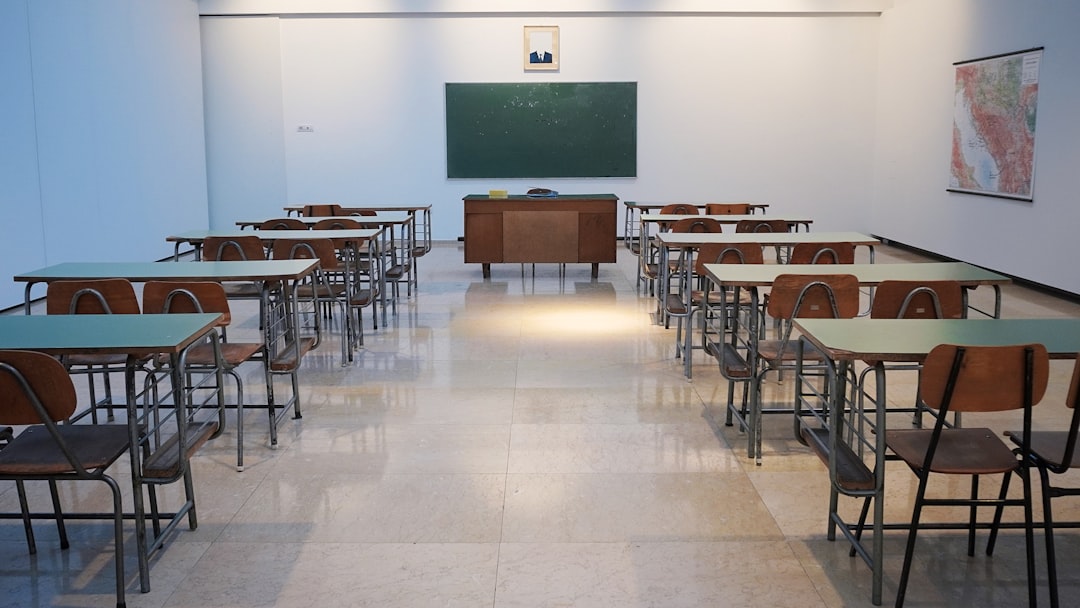On the "outcomes" of schooling
You know those scare quotes are intentional

It doesn’t matter how many times I hear the call for abolishing standardised testing coming from actual teachers and school leaders, it never ceases to surprise me. The latest attack has come from the Head of the Secondary Principals’ Council in this recent SMH article, where he sets up a neat straw man. Why worry that one in five students are below acceptable standards of numeracy and literacy when NAPLAN only measures “basic skills”? (Yes, that was the point). And why worry when schools teach so many immeasurably sexier things like critical thinking and problem-solving (conveniently not actually measurable)?
The world of education is rife with fallacies, from the naturalistic fallacies and motherhood statements of progressive education to the motte and bailey of anti-testing proponents. Freddie de Boer explains it well here (edited slightly for length):
Getting rid of standardized testing? Unfortunately I don’t have a pithy always test/never test stance, which really hurts you in the marketplace of ideas. But sometimes I want to talk about those who have gone to the extreme of rejecting all objective testing whatsoever, and I want to articulate my problems with their position. Sadly when I try I am constantly told “no one wants to get rid of standardized testing altogether,” which is simply not true.
There are also people who want to get rid of conventional literacy and numeracy standards altogether. Really. I do not like this idea one bit, at least as usually debated, but I do like the idea of more avenues for older students to pass through high school, and I can see some ways these impulses might fruitfully dovetail. To have that conversation first I must be permitted to have it by the anti-testing people… who frequently deny that anyone goes past rejecting standardized testing to the point of rejecting conventional literacy and numeracy because they're afraid that stance makes their own look bad.
I have heard teacher leaders and academics wishing for a world without outcomes of any kind, outcomes being just a Tayloristic by-product of the capitalist endeavour. Ironically, these cries often come from the direction of high fee-paying schools and I have been known to wonder aloud what parents might think of this radical approach. Retreat to the motte: well, obviously not all outcomes. Motte and bailey emerged as a criticism of postmodern Theory, and I can see how student achievement is stagnating under this kind of abstraction and relativism. Many of these almost pejoratively termed “basics” we absolutely can and should measure.
My experience of the motte and bailey is not one where the arguer retreats to a safe and more defendable place, but where they retreat altogether. Want to have an open discussion about radical school timetabling responses to the “new world” of COVID-19? Suggest measuring whether outcomes are improved and you will hear radio silence. Want to engage curiously about “outcomes” and why they need scare quotes? Crickets ensue if you simply ask how one might measure critical thinking.
Discourse like this raises questions: is there a shared understanding of the skills and knowledge needed before any of the warm fuzzy outcomes kick in? Are radical progressive views just more appealing due to their “relevance”? Or my final and most cynical view: is it easier to “deliver” the undeliverable and feel great about the pathologically uncritical LinkedIn likes? All scare quotes intentional.


The last line made me laugh!
https://nataliewexler.substack.com/p/yes-national-tests-are-useful-but
You may find this, from Natalie Wexler, to be interesting, if you've not already read it.